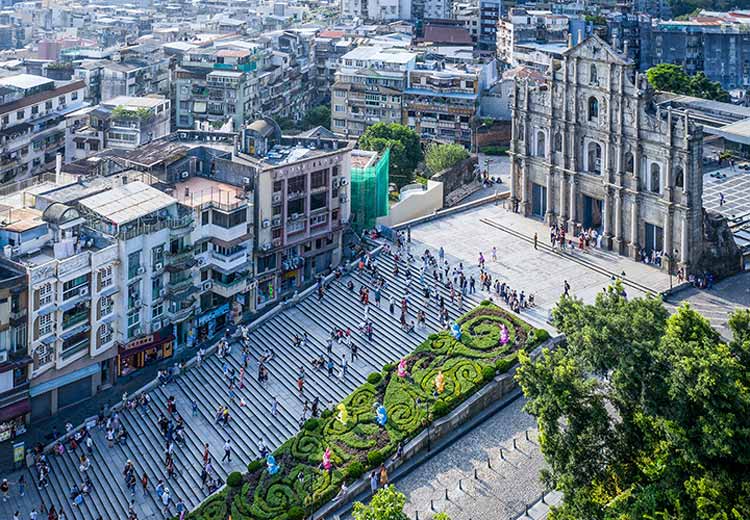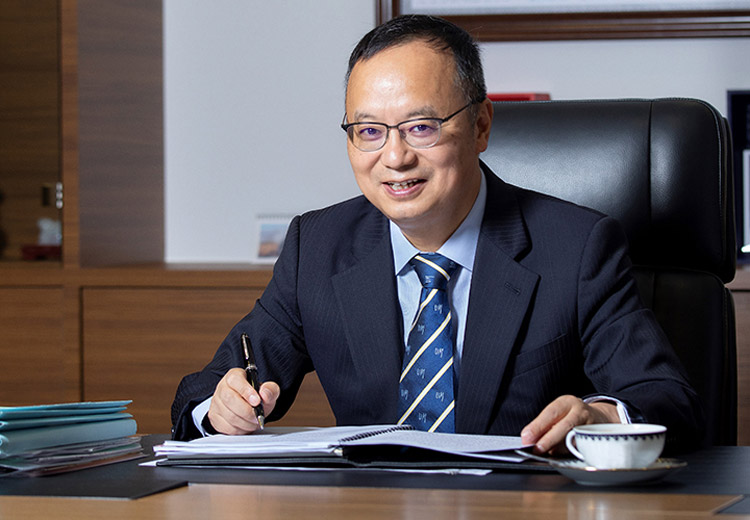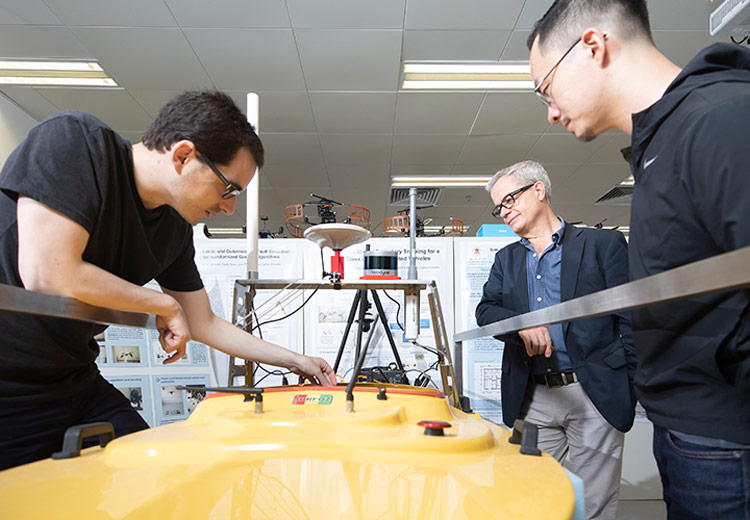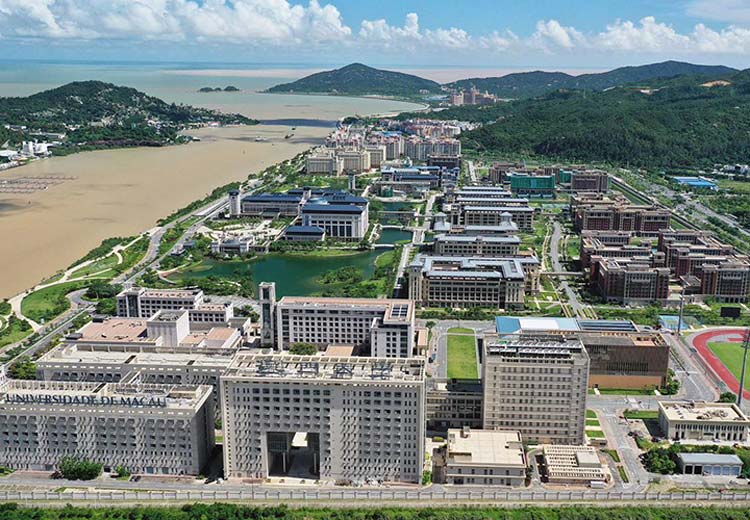Optimising talent development through whole-person and interdisciplinary education

To create future-ready graduates, the University of Macau takes a proactive approach to cultivating talent from both within and beyond the confines of academic structures
The University of Macau has embraced the concept of whole-person education in response to rapid technological advancements and changes in industry practice. This approach goes beyond the academic scope, seeking to equip graduates with the skills and qualities necessary to make meaningful contributions to society.
The University of Macau is situated in Macao, a special administrative region in China with a high degree of autonomy and a population of nearly 700,000. Macao has experienced remarkable growth in recent years and boasts one of the highest gross domestic products per capita in the world. To accommodate this growth, the university was granted land to build a new campus that is about a 30th the size of Macao. Since relocating to the new campus in 2014, the university has undergone significant developments and implemented measures to align with the changing landscape in Macao and beyond.

The university’s rector, Yonghua Song, outlined the initiatives it has implemented to boost talent development early on in students’ academic journeys. The university, as a hub for talent development in Macao, has adopted strategies to create a foundation that fosters students’ whole-person development beyond academia.
At the undergraduate level, the university has established a unique “4-in-1” education model. This model consists of four components: discipline-specific education; general education; research and internship education; and community and peer education. The university has also implemented a residential college system, taking reference from the residential colleges at the universities of Oxford and Cambridge. It requires all undergraduate students to go through residential education by living in or being affiliated with a residential college. “By consistently enhancing the 4-in-1 education model and our residential college scheme, we promote students’ all-round development, foster their independent thinking, self-confidence, moral values, critical thinking and problem-solving abilities,” said Song.

Yonghua Song, rector of the University of Macau
The university also undertakes regular quality assessments to ensure the quality of its curricula and programme outcomes. For example, it has established the General Education Committee to review the effectiveness of its programmes.
At the postgraduate level, the university adopts strategies for interdisciplinary integration and collaborative innovation. “We promote the cross-integration of knowledge and instil skills in students to enable them to conduct research on complex issues,” explained Song.
“In 2019, the university established the Institute of Collaborative Innovation as a key platform to promote interdisciplinary integration and collaborative innovation,” Song said. The institute also acts as the base for developing the university’s research capabilities.
Song added that these strategies are based on Macao’s economic diversification plans. The city’s development is shaping industry demands, requiring graduates to have expertise beyond their chosen disciplines. Song highlighted that the university offers interdisciplinary programmes in areas such as data science, cognitive and brain science, financial technology, global public health, artificial intelligence and smart ocean technology. This approach nurtures learners to contribute to emerging sectors in Macao, including modern finance and high technology.

“Strong collaborations with other universities and industry partners, both local and international, are vital for developing academic research abilities,” added Song. Students’ international exposure is expanding thanks to student exchange programmes and partnerships facilitated by the university. The university has launched collaborative talent development initiatives with esteemed universities across the globe, including Imperial College London, the University of Edinburgh, the University of Bristol and Tsinghua University.
The university has also established five joint research laboratories with the Chinese Academy of Sciences to support research and technology transfers. This includes the Joint Research Laboratory of Brain and Cognitive Sciences, which was built in partnership with the Chinese Academy of Sciences’ Institute of Biophysics.
“The university boasts an international education environment where diverse cultures coexist. Eighty per cent of its faculty members are from outside Macao,” said Song. Although the faculty size and student population are relatively small, the university offers a wide range of academic disciplines and programmes, showcasing its commitment to diversity, he said.
Find out more about the University of Macau.
